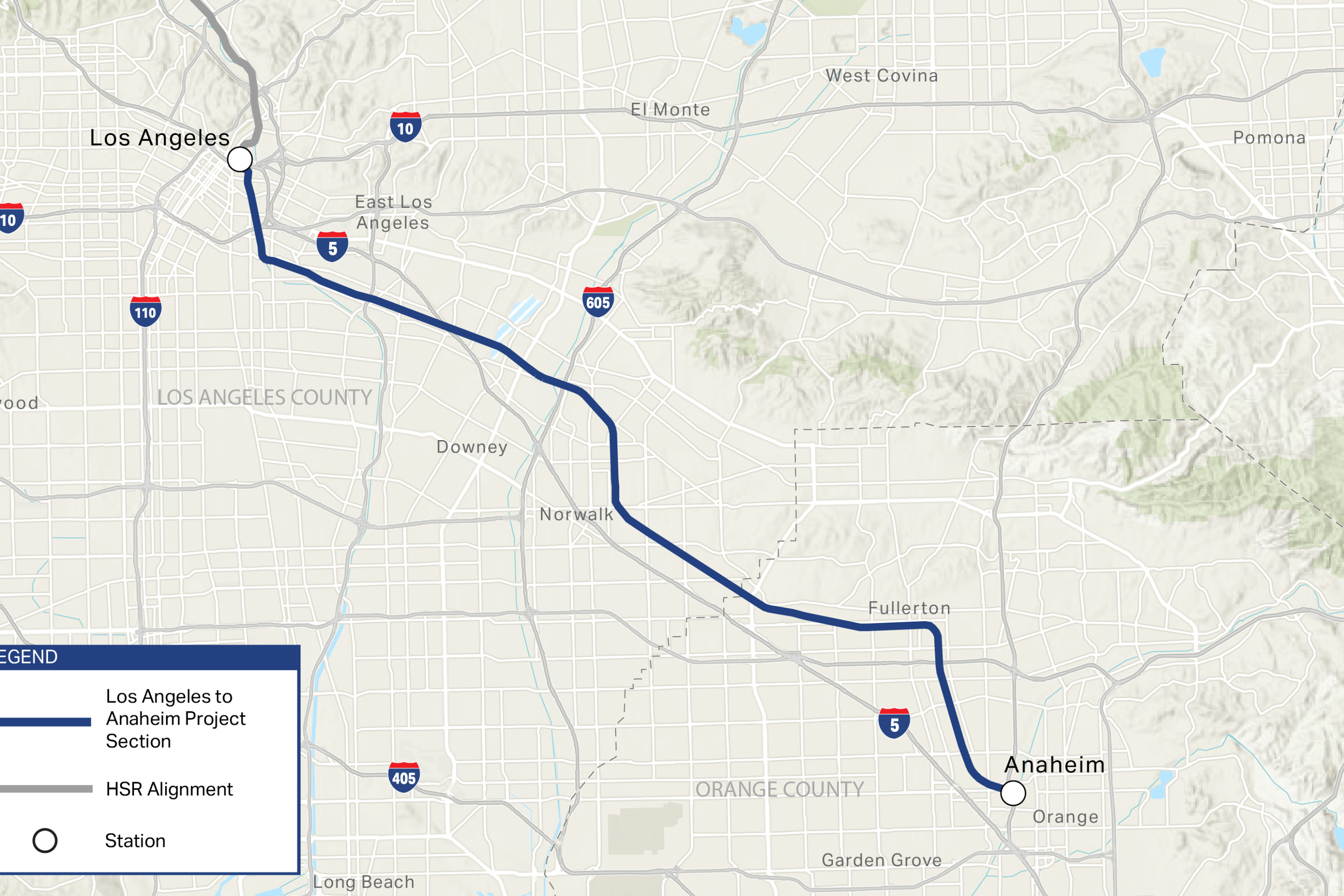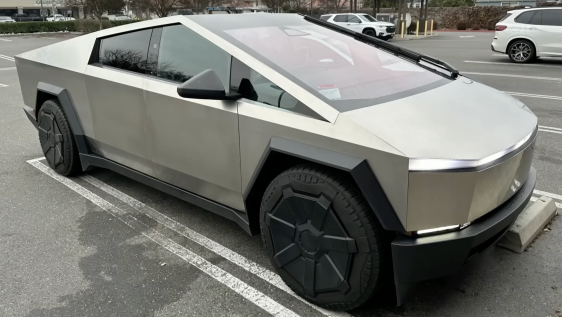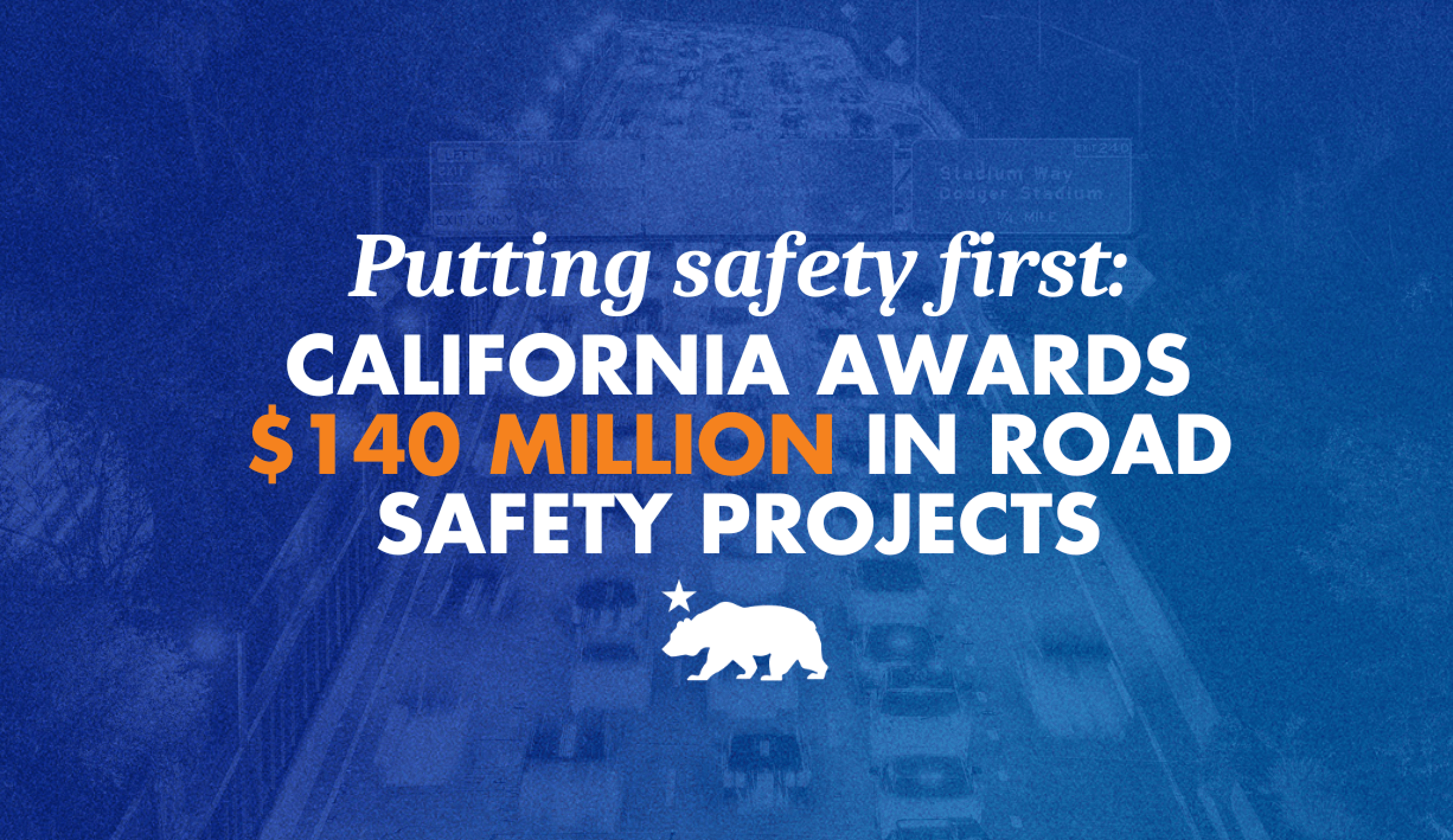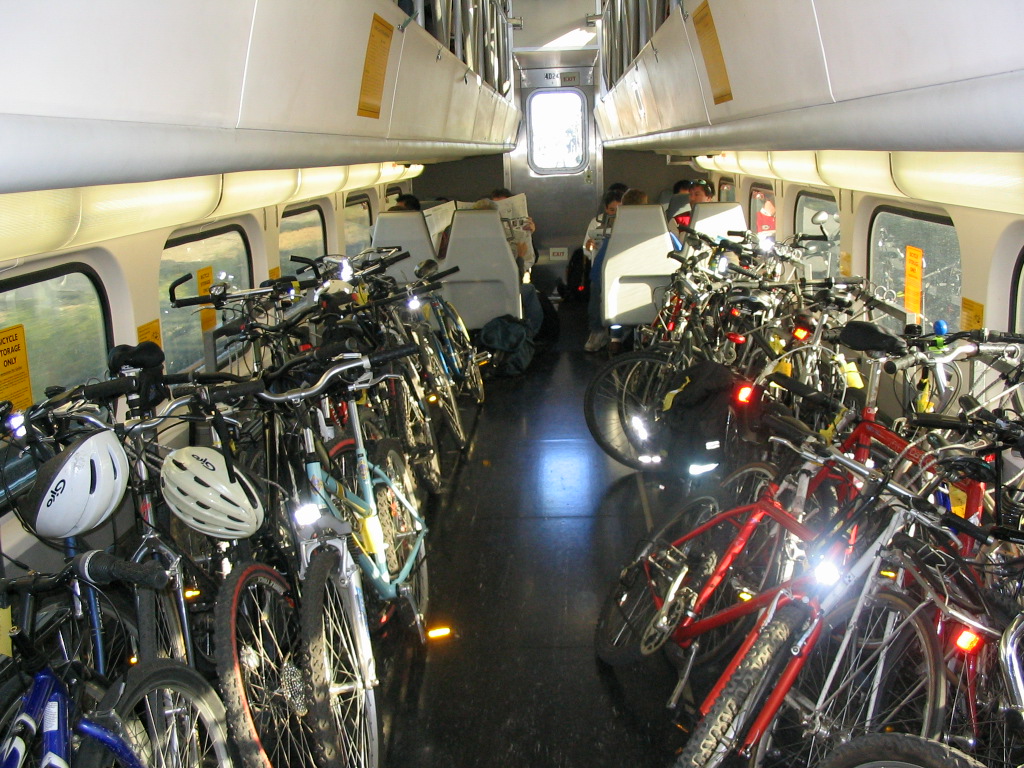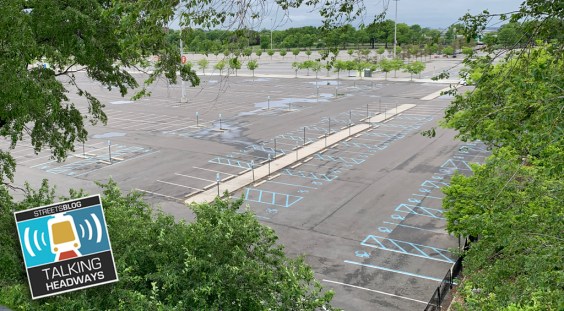
In almost every state, politicians beat the drum for hundreds of millions of dollars to "solve congestion" by widening highways. After spending the better part of a century doing this, we know that thanks to induced demand, soon after the asphalt sets on the new lanes, people will drive more and congestion will return. The whole exercise is a bit like a dog chasing its tail.
There's no real secret to managing traffic in a way that will succeed in the long run: the ingredients are better transit, better land use planning, and, perhaps most importantly, road pricing. American states and cities just haven't put it all together.
One place that could make a breakthrough soon is the peninsula south of San Francisco, where Bay Area advocacy group TransForm is working to convert lanes on Highway 101 to tolled lanes. The revenue would support better transit, giving commuters an alternative to sitting in traffic.
TransitCenter recently interviewed TransForm's Jeff Hobson and Clarrissa Cabansagan about their efforts and how California's DOT (Caltrans) has helped by acknowledging that wider roads cause more traffic. Here's what they had to say:
Caltrans hasn’t recognized induced demand in the past?
Jeff: No -- the change actually made newspaper headlines!
Not only is the state saying that highway widening will increase driving, but that agencies should consider converting existing general purpose lanes to express lanes as mitigation. That’s huge in legitimizing TransForm’s proposal, and making it easier for agencies to consider conversions instead of widening in the future.
That brings us to the Optimized HOT project. This idea is pretty audacious and hasn’t been done in the US before.
Jeff: We know that this a high-risk/high-reward project, and that’s exciting. If we do convince the counties to convert a general purpose lane to an express lane and use the revenues for transit, we really will have won a huge shift.
How’s it going?
Jeff: We put this idea out there at the end of 2013 and talked with different agencies about the possibility. We’re so excited that San Mateo County picked up the idea, and worked with our MPO, the Metropolitan Transportation Commission, on an analysis that confirmed that what we’re proposing is the best solution. It would move more people with less traffic, get done more quickly and cost less than road widening.
Clarrissa: This is a new way of conceiving public infrastructure -- seeing the existing highway as a place for and a way to fund public transit. Even if we get Muni and BART the money they need to repair themselves and run most efficiently, they only serve some people. The highway network touches more of the region. We need to give more people more transit options, even if they run on the highway.
Elsewhere on the Network today: Rebuilding Place in the Urban Space says bike advocates are making a mistake by calling every bike-share system a success, regardless of actual performance. Seattle Bike Blog looks at how the city is performing on street safety in light of the city's recent commitment to a Vision Zero campaign. And Urban Review STL considers how well a new TargetExpress fits into a Chicago neighborhood.
